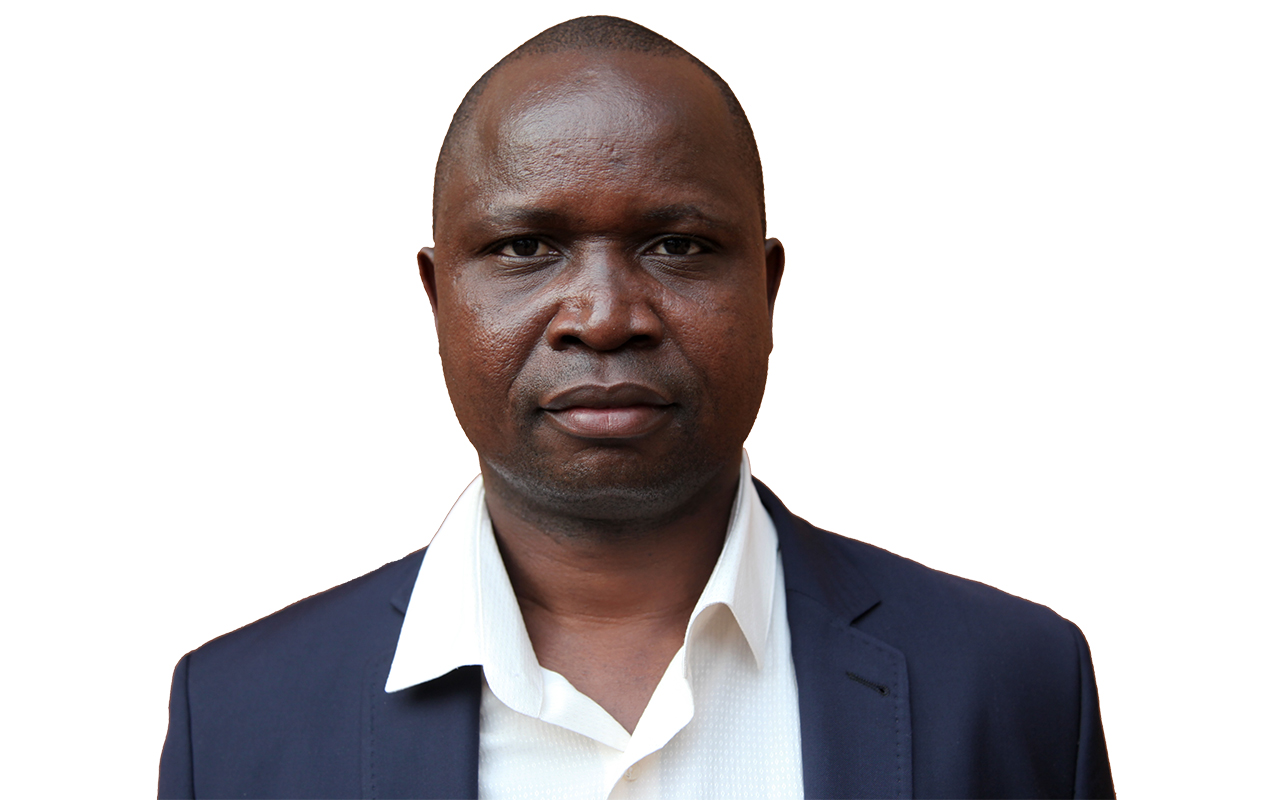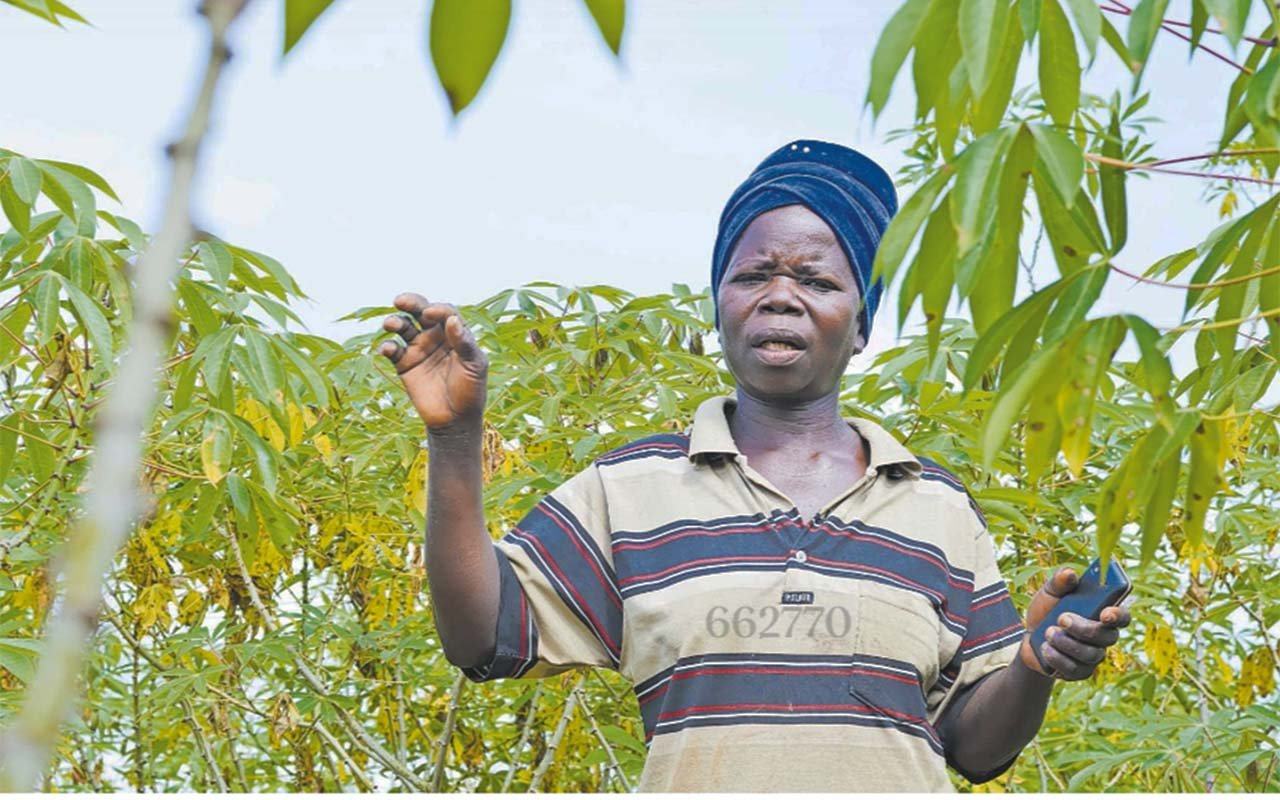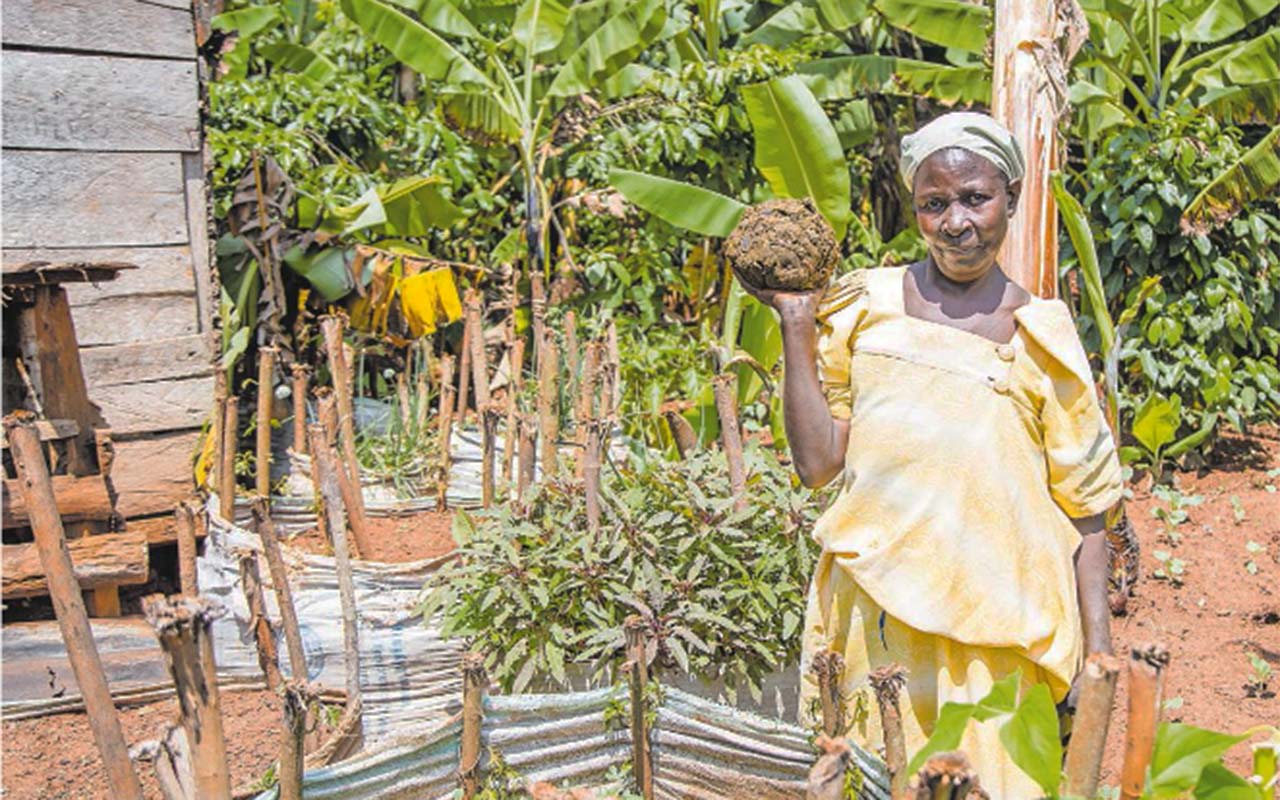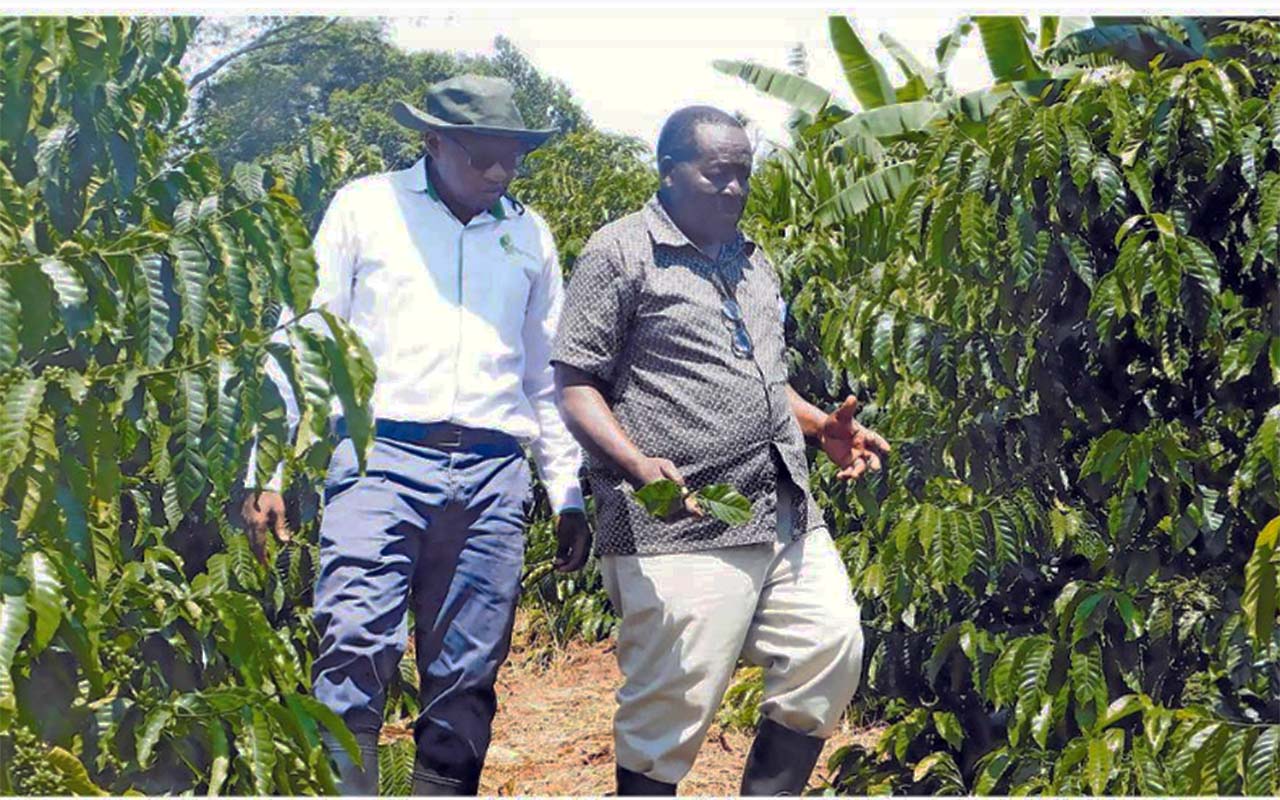
Mr Chris Obore. Photo/Courtesy
Speaker of Parliament Anita Among’s storm in a teacup can be explained in two major ways: the existence of some extra-territorial forces seeking to punish her and Parliament for some legislations they don’t like, and secondly, some fifth columnists and local political actors who are bereft of ideological clarity, and are hypnotised by the prospects of becoming willing enablers of those external interests not out of meeting of minds, but to, in the process, settle petty scores.
And so, like the local colonial chiefs who would sleep soundly having exchanged their people for mirrors and watches before them, they are now sold to the idea of courting external attention in exchange of nothing fundamental except the grandeur of enjoying the benefits of capitalism promised to them, should they succeed in collapsing their own social and cultural order.
The modern neocolonial collaborators are given ‘glamorous awards’ in Western capitals for their enthusiasm in portraying Uganda as a dark country.
The ultimate aim of all those efforts is to inundate the ruling National Resistance Movement (NRM) party with internal strife, cause unending cracks in leadership and paralyse the system with internal contradictions and unending jostling for positions.
The particular focus is to keep Ms Among in bad press as a way to wear down President Museveni’s trust in her because, so far, all blackmail attempts have failed.
A section of those local actors are obviously unhappy with the rise in political leadership of Speaker Among, and believe she is occupying space they deserve and are more entitled to. They, then, form an unholy alliance with political activists and civil society actors who are led by a furious, consuming hate, anger, arrogance and self-righteousness rather than a genuine pursuit of accountability and good governance.
This explains their militant, closed door policy in arguments, where only their opinion and ‘truth’ should hold supreme and that other points of view must fall subordinate to theirs or is condemned to the wayside.
Allying with circles known for pushing regime change ethos, and blinded by fleeting heroics, the debate is never about the improvement of the institution of Parliament, or holding political leadership to account (which is otherwise welcome and encouraged to broaden the democratic space); it is rather a crusade to centre and narrow all focus on the legitimately acquired wealth of Speaker Among as a way to scatter her politics.
For instance, Speaker Among was by all measures wealthy before assuming the Office of the Speaker. She already had her school, the radio station and houses, etc. and living fairly comfortably. The idea to tag everything she owns to her current position is disingenuous.
In keeping with President Museveni’s advocacy for rural transformation, Speaker Among understood the gospel and decided to make her investments home – the house, schools, the newly opened medical facility, which serves to exemplify service by leaders to their immediate communities and role-modelling for future development.

Speaker Anita Among
Imagine all capital being choked at the centre, with leaders from across the country, most of whom are wealthier than her, but have not been particularly enthusiastic about igniting rural transformation through provision of quality health, education and other social services not just through the government channels but by leading with themselves as personal examples.
The rural constituencies of leaders should no longer be mere grounds for vote hunting, but also, when elected, use President Museveni’s idea of social experiment with model income generating and development infrastructural projects to inspire progress.
Speaker Among, therefore, is a victim of internal contradictions in the NRM, which are being exploited by regime change enthusiasts whose apparent game plan is to weaken leaders loyal to the President as a way of weakening the State to achieve their narrow, selfish ends.
Thankfully, President Museveni has and retains the ability to diagnose political challenges and addresses them without haste, impatience, and the recklessness seen in some of the political actors whose major interest is acquiring positions to satisfy their egos and self-actualization instead of genuine pursuit of socio-economic transformation.
Having realised that the public endorse the politics of President Museveni, the regime change pushers have dropped persuasion, consensus and have resorted full-time to the recruitment of intolerant, stone-throwing mobs unwilling to listen to facts, opinions or arguments that run contrary to their views on how the State should be run.
The hot-pursuit of Speaker Among does not flow from a genuine interest in bettering the institution of Parliament, but rather, we are seeing a nasty rash of jostling for positions as we approach the 2026 elections, and she has been singled out for attack, ridicule.
It is just bad that her undoing is constructing a house in her locality (certainly not the best house owned by a politician in Uganda), working hard to create wealth for herself and her family (and she would appear on the bottom of the list of wealthy politicians in Uganda).
While officiating the opening of the health facility, President Museveni publicly admitted to financially supporting Speaker Among.
Now, when she applies those resources and her other earnings to invest in her local community, how should that earn her enemies and people baying for her political blood?
Why should leaders or bureaucrats who opt to emigrate from their own ancestral communities in preference for Kampala and its environs, condemn those who choose loyalty and commitment to transform their rural communities?
The writer is director of
Communication and Public Affairs, Parliament of Uganda.





